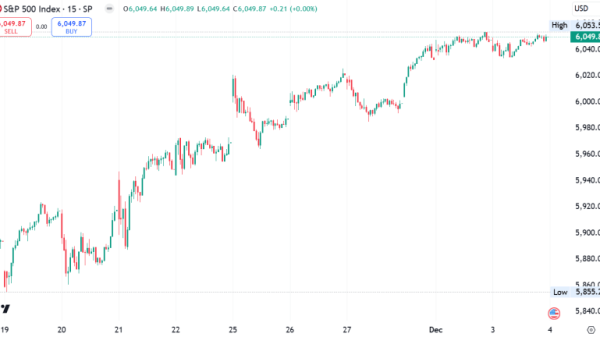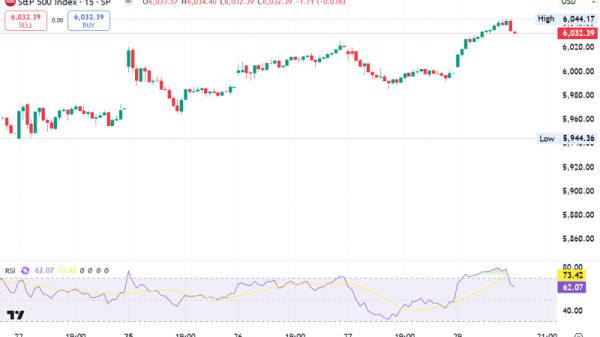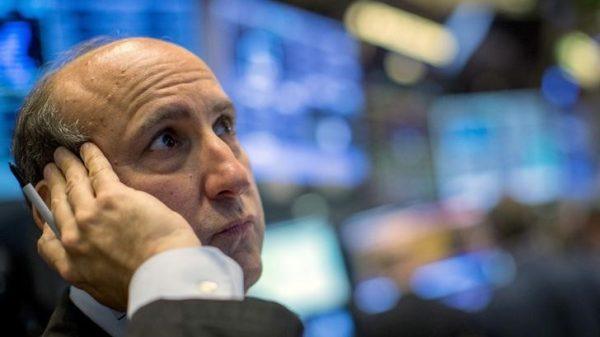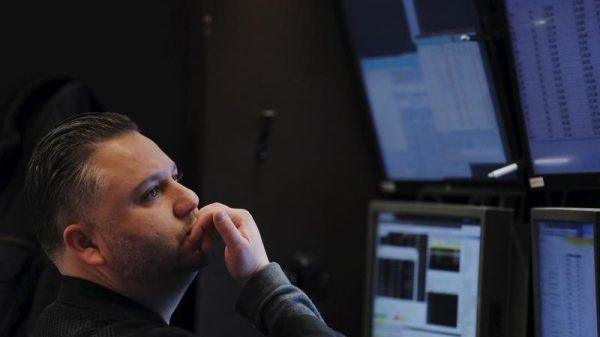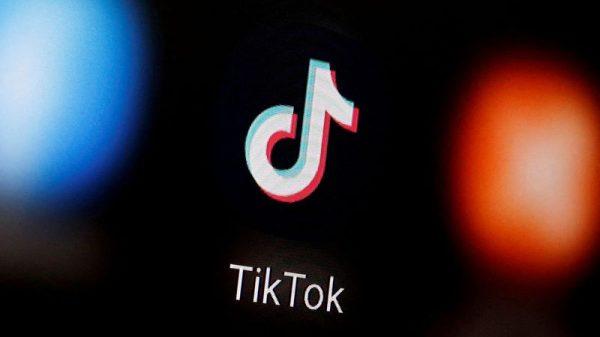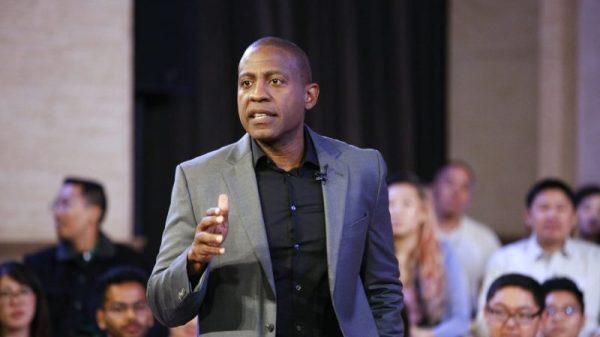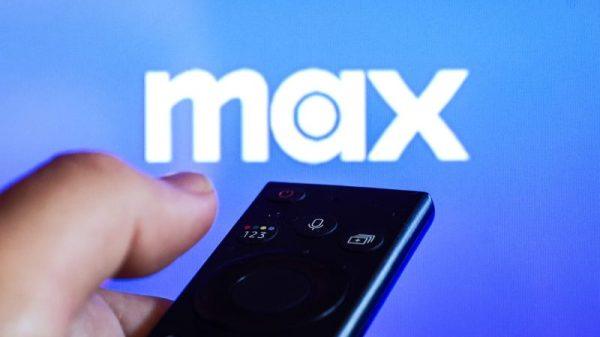By Satoshi Sugiyama
TOKYO (Reuters) – The Bank of Japan (BOJ) will forgo raising interest rates again this year, according to a very slim majority of economists in a Reuters poll, although nearly 90% still expect rates to rise by end-March.
The findings, published Tuesday, underscore the BOJ’s challenge in proceeding with policy normalisation when most of its global peers are tilting towards rate cuts and amid uncertainty over the new political leadership’s preference for monetary settings.
Just over half of economists, 25 of 49, in the Oct. 3-11 poll said the BOJ would stick to the current 0.25% rate through end-December. That was also the median forecast, down from 0.50%.
Results in the previous poll in September were also close, with 46% expecting no change.
Prime Minister Shigeru Ishiba, who took office on Oct. 1, moved markets the next day when he said the economy was not ready for further rate hikes. That was an apparent about-face from his previous support for the BOJ in its early stages of unwinding decades of extreme monetary stimulus.
“It’s difficult for the Bank of Japan to boldly ignore the prime minister’s personal opinion,” said Chiyuki Takamatsu, chief economist at Fukoku Mutual Life Insurance.
Still, 87% of economists, or 39 of 45, said the BOJ would raise rates to 0.50% by end-March. Another three who had predicted a rate hike to 0.50% by year-end expected the rate to be 0.75% by the end of the first quarter.
“It’s unlikely the BOJ will raise interest rates again after the lower house election and before the budget for the next fiscal year is drawn up in late December,” said Mari Iwashita, chief market economist at Daiwa Securities.
“There is also a growing momentum for wage increases next year, and if the U.S. economy continues to be resilient, we believe the conditions for a rate hike will be in place by the time the BOJ’s quarterly outlook report is released in January.”
Iwashita said the BOJ could push back its decision to March if it wants to see the feasibility of the new U.S. administration’s policy and the situation in the annual springtime wage negotiations.
Among a smaller sample of 18 economists who predicted higher rates by year-end and who also provided a forecast for a specific month when the BOJ will next move, only one did not forecast December.
Of another 19 economists who provided monthly forecasts and anticipated either a rate hike next year or no further increase at all, almost three-quarters, or 14, chose January. That was up from 60% in September’s poll.
The BOJ ended negative rates in March and raised short-term borrowing costs to 0.25% in July on the view Japan was making progress towards durably achieving 2% inflation.
Japan’s economy expanded an annualised 2.9% in the second quarter as steady wage hikes underpinned consumer spending.
Capital expenditure continues to grow, though soft demand in China and slowing U.S. growth indicate a solid recovery for the export-reliant country could be some way off.
Close to three-quarters of economists surveyed, 21 of 29, said it was too early to make a judgement on Ishiba’s economic policy.
(Other stories from the Reuters global economic poll)

